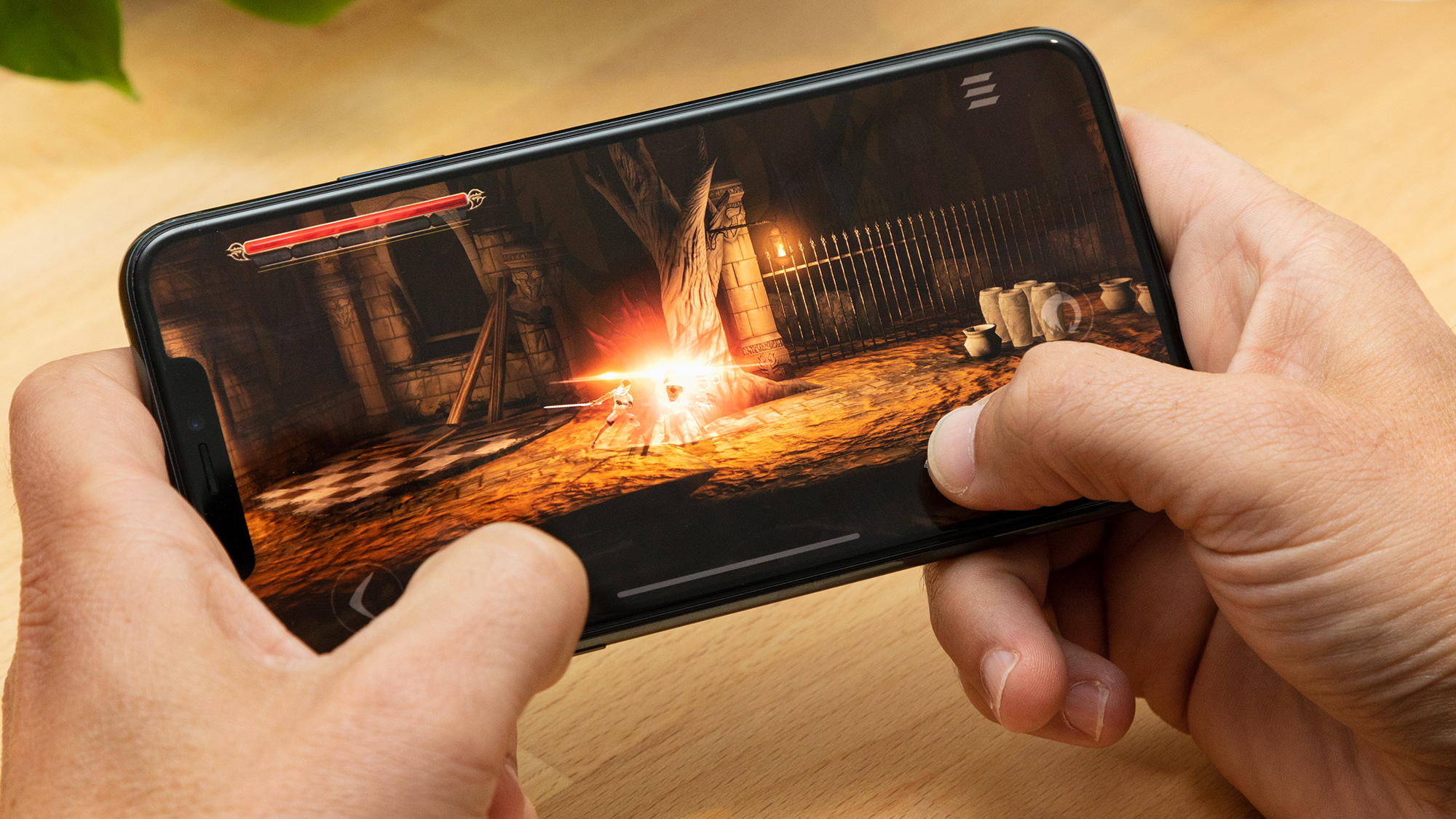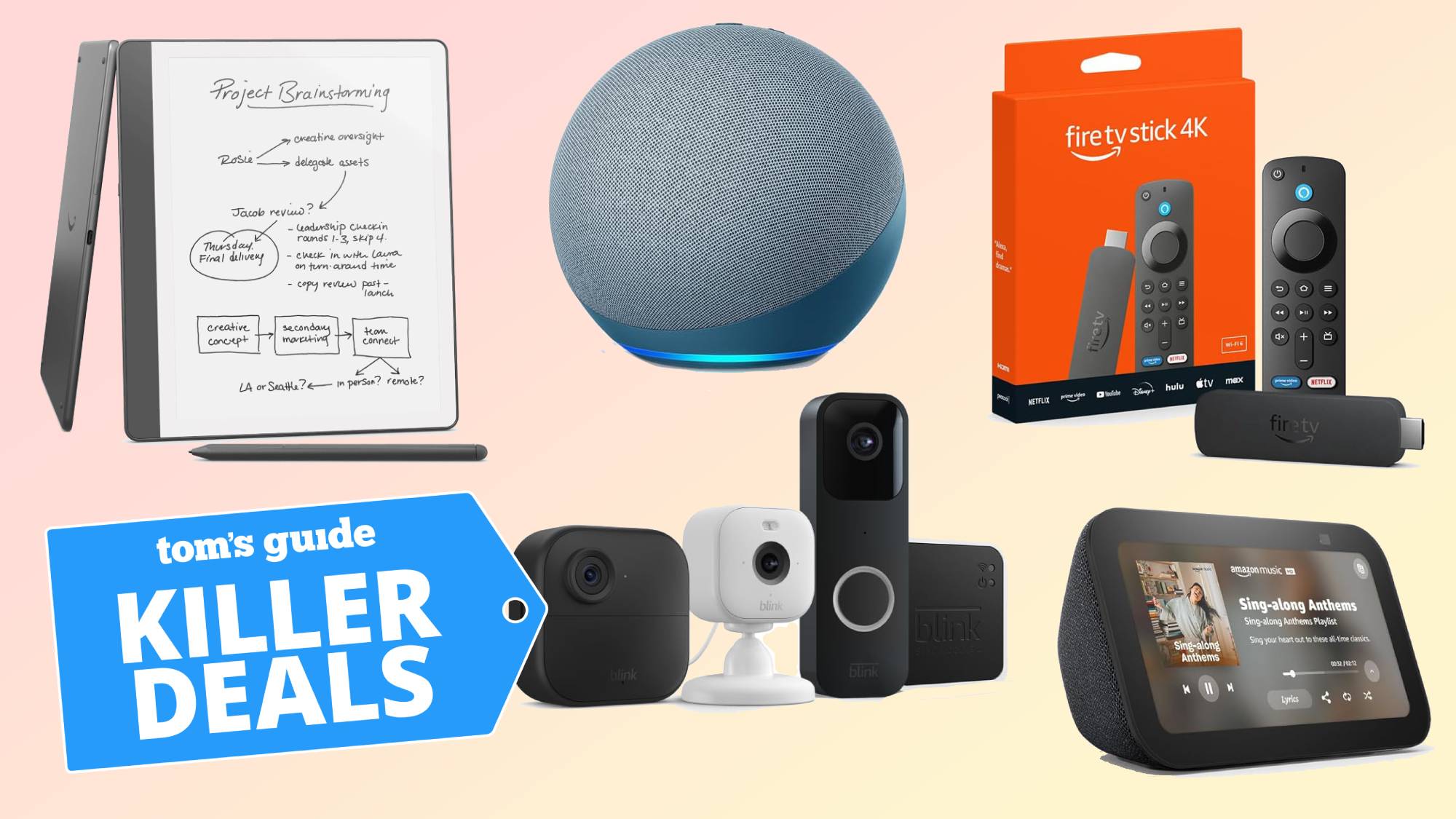iPhone 12 might not have the display you really want
The iPhone 12 Pro may not have a 120Hz display after all, despite the recent leaks

The iPhone 12 was recently rumored to get a smooth 120Hz ProMotion display on the high-end Pro models, but now the key feature is in doubt — even from the original leakers of the news.
Ross Young, a display analyst, has claimed that Apple lacks the technology required to make this high refresh rate work on its phones (via iMore). Young has been revealing some interesting details about the Samsung Galaxy Note 20 and Galaxy Fold 2 lately, and is seen as one of the most reliable sources of information on smartphone displays around.
- iPhone 12: Release date, price, rumors and leaks
- iPhone 11 Pro review
- Plus: Google Pixel 5's processor may have just been revealed
Young's exact claim, which you can read verbatim in the embedded tweets, is that only one phone this year will have the LTPO technology required to offer 120Hz refresh rate and decent battery life, and that will be the Samsung Galaxy Note 20 Plus. He predicts that this technology will only appear on Apple products in 2021.
I meant only one flagship in 2020 will have LTPOMay 11, 2020
LTPO is a display backing component. It allows a device to run at a wide variety of refresh rates, meaning that it only needs to use the power-intensive 120Hz mode when it is necessary, while defaulting to a lower refresh rate for most activities.
Young emphasized on Twitter than only the Galaxy Note 20 Plus will get LTPO and a 120Hz refresh rate. The regular Note 20 would run at 60Hz.
Note 20 Update - while the Note 20+ remains LTPO and 120Hz, the Note 20 will be LTPS and 60Hz. Makes sense since LTPO costs more and should appear first in premium models. You can do 120Hz with LTPS, but it consumes a lot of power. LTPO is the best implementation for 120Hz.May 12, 2020
The LTPO tech is not a requirement for high refresh rates; Apple's ProMotion display on the iPad Pro hasn't used this technology since 2018. However the iPad Pro can likely manage the increased power consumption with its bigger battery, and isn't meant to be carried around all day like an iPhone.
While recent leaks have claimed the iPhone 12 Pro will use 120Hz displays, there have already been caveats. Jon Prosser, who leaked a lot of key iPhone 12 information, said that Apple would only use 120Hz displays if it didn't affect the battery life.
Sign up to get the BEST of Tom's Guide direct to your inbox.
Get instant access to breaking news, the hottest reviews, great deals and helpful tips.
Leaker Max Weinbach also weighed in on this, saying that Apple's engineers are also unhappy with the color quality, a problem that's known to affect the 120Hz screens of the Samsung Galaxy S20 Ultra and the OnePlus 8 Pro.
The 120hz AMOLED panels are hard to work with. That's why we are seeing the green screen issues on S20 and OP8 Pro and burn in on OP8 Pro. If Apple can't negate these with hardware or software, they won't use 120hz. The panels would support it but it wouldn't be pushed to it.May 11, 2020
There is a small silver lining to this though. As Weinbach points out, LTPO allows for the use of Always On Displays, since the variable refresh rate can allow the display to show key information that doesn't need a regular update. Therefore he suggests that 2021's iPhone 13 could get this feature, which only debuted for Apple on the Apple Watch Series 5 last year.
So, Apple's displays aren't getting LTPO backplane until next year. This means the Note20/Fold2 would have theoretically better (more power efficient) high refresh rate and variable refresh rate. This could also mean Apple does always on display on iPhone 13. https://t.co/ZAWMRpV6FWMay 11, 2020
The iPhone 12 Pro, whether it's got a 120Hz display or not, will arrive alongside the standard iPhone 12 in September, although some or all of the four available models may only go on sale in October. The phones will all contain 5G connectivity, a new A14 CPU, and two rear cameras on the standard models, and three cameras with a new LiDAR depth sensor for the Pro models.

Richard is based in London, covering news, reviews and how-tos for phones, tablets, gaming, and whatever else people need advice on. Following on from his MA in Magazine Journalism at the University of Sheffield, he's also written for WIRED U.K., The Register and Creative Bloq. When not at work, he's likely thinking about how to brew the perfect cup of specialty coffee.
